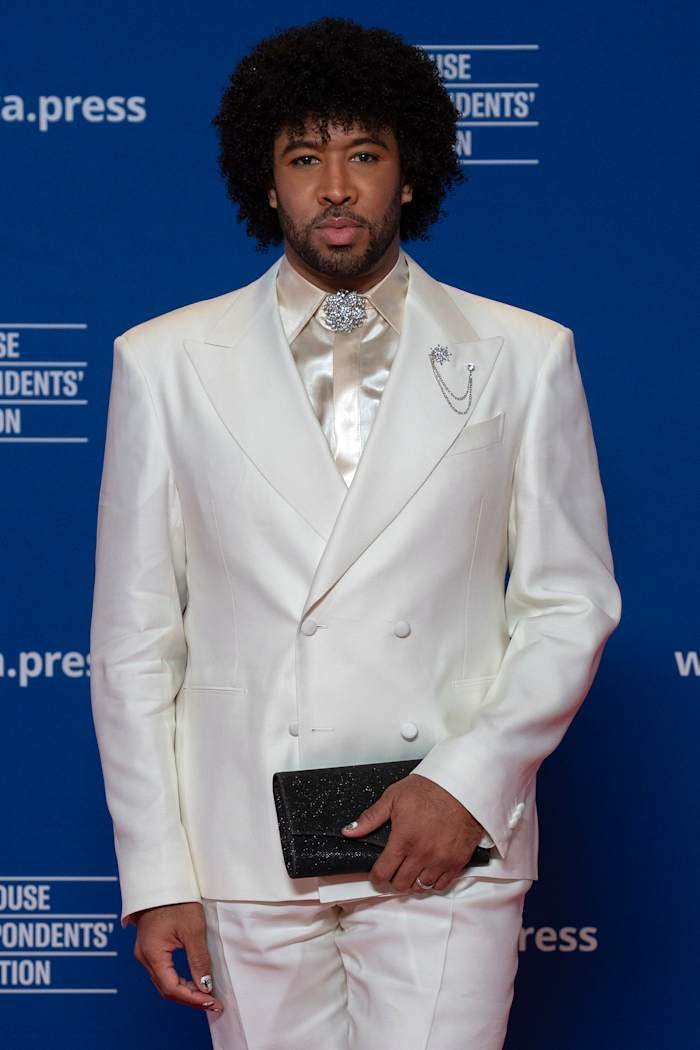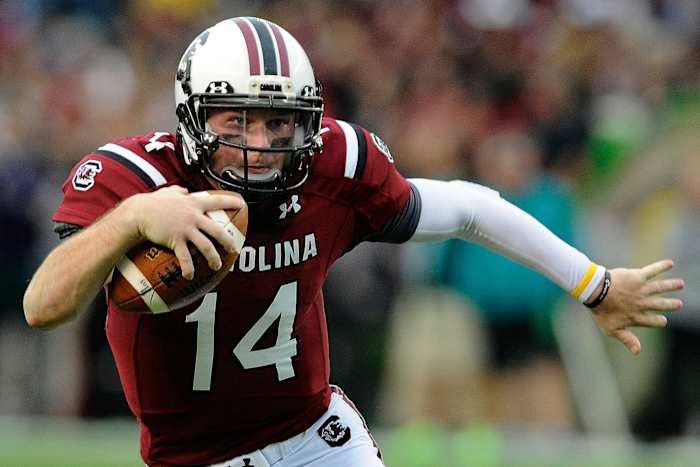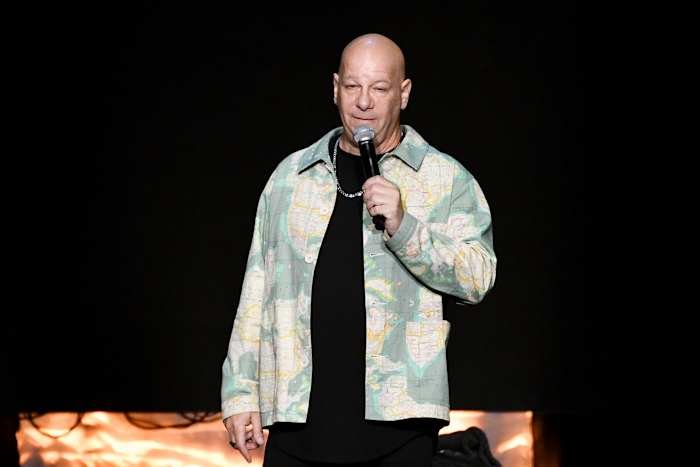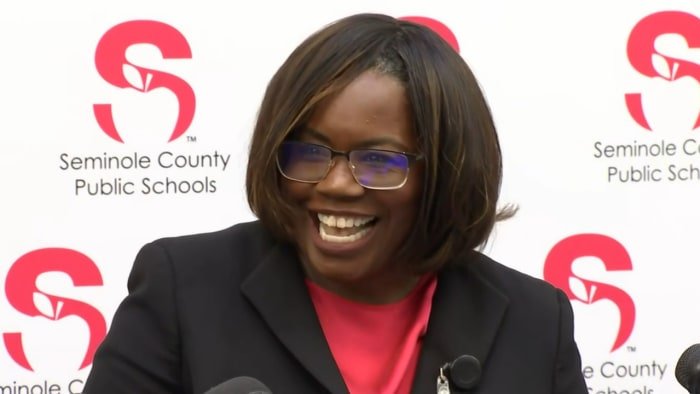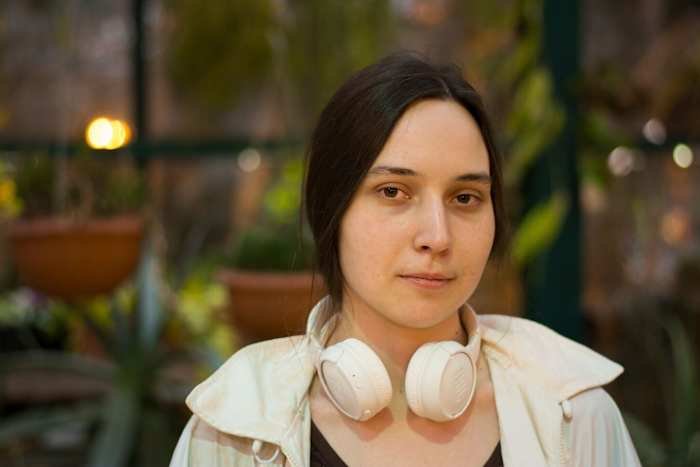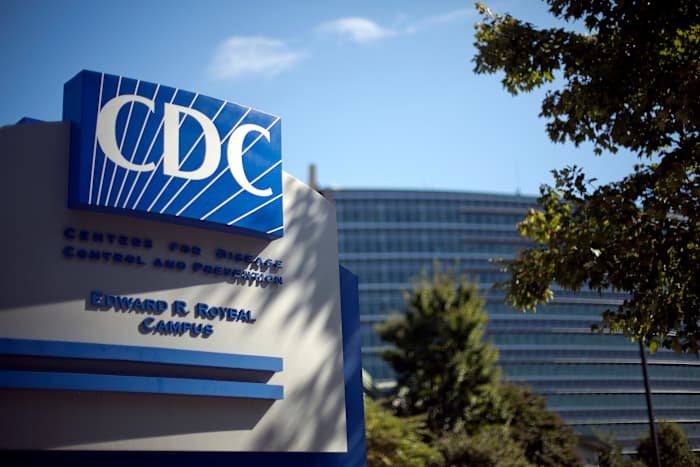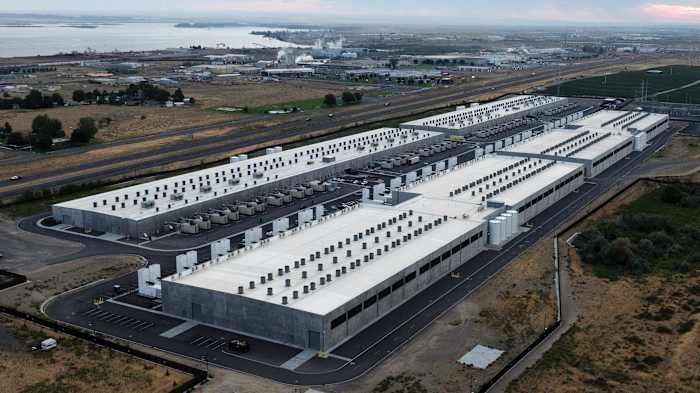Orlando’s Unique History: When There Was No President
History is full of curious twists, and sometimes what happens at the national level ripples down to affect local communities in unexpected ways. One fascinating and often overlooked chapter is the moment in American history when, for a brief period, there was no president. But what does this mean for places like Orlando—and how did it shape the city’s development and identity? In this article, we explore the far-reaching implications of a nation without a leader, focusing on its impact on Orlando, Florida.
The Day America Had No President
The concept of “no president” might sound like something out of a political thriller, but it has actually happened—albeit very briefly—during transitions of power. Most notably, this occurred on March 4, 1849, when outgoing President James K. Polk’s term expired at noon, but President-elect Zachary Taylor refused to be inaugurated on a Sunday, delaying his swearing-in until March 5th. For those 24 hours, the United States was technically without a president.
While the federal government scrambled to maintain continuity, towns and cities across the country—including Orlando, which was then just a budding community—watched this rare occurrence with curiosity and some anxiety. What would happen if the absence of a president became prolonged? How would Orlando’s leaders and citizens respond to national uncertainty?
Orlando in the Mid-1800s: A Growing Community
At the time of the 1849 presidential gap, Orlando was not yet the bustling metropolis we know today. In fact, it was just beginning to appear on the map. The area was known for its cattle ranches, orange groves, and a growing population of pioneers seeking new opportunities in Central Florida’s warm climate.
While Orlando wasn’t directly making policy decisions at the national level, the absence of a president highlighted the importance of local leadership. City founders and early residents had to rely on their own resourcefulness to address issues such as law enforcement, infrastructure, and commerce. This period served as an early test of Orlando’s resilience and set the tone for the city’s future independence and ingenuity.
National Uncertainty, Local Resilience
When the highest office in the land is briefly vacant, uncertainty can spread quickly. For Orlando’s residents, the lack of a president underscored the need to be self-sufficient. Without immediate guidance from Washington, local officials had to make decisions that would keep the community running smoothly.
It’s in moments like these that Orlando’s community spirit shines. Neighbors banded together, local businesses adapted, and civic leaders stepped up to fill the void. This tradition of resilience and adaptability remains a hallmark of Orlando’s culture to this day, from weathering hurricanes to managing periods of economic change.
Lessons for Orlando Today
While the specific circumstances of 1849 are unlikely to repeat, the lessons remain relevant for Orlando residents in the present day. The brief period with no president reminds us that local communities must be prepared to act independently in times of national uncertainty—whether due to political transitions, natural disasters, or other disruptions.
Orlando’s city government, businesses, and residents continue to draw on this history of self-reliance. Emergency preparedness, strong local leadership, and an engaged citizenry are all vital components of a thriving community. As Orlando grows and evolves, these lessons from the past help guide the city toward a resilient and prosperous future.
How Would Orlando Respond If It Happened Again?
Imagine if, today, Orlando suddenly found itself with no clear direction from Washington. Thanks to decades of growth and experience, the city is better equipped than ever to handle uncertainty. Local officials are trained for crisis management, and the city’s infrastructure is designed to withstand challenges both big and small.
Moreover, Orlando is known for its vibrant community organizations, cultural institutions, and innovative spirit. These assets help ensure that, regardless of what happens at the national level, Orlando can continue to thrive and support its residents.
Conclusion: Share Your Thoughts
The story of “no president” might be a historical footnote, but its impact on Orlando’s development and identity is undeniable. Moments of uncertainty have helped shape the city into the resilient, resourceful place it is today. What do you think Orlando can learn from this chapter of history? How do you feel local communities should prepare for uncertainty at the top?
We invite you to share your thoughts in the comments below. Have you experienced moments when local leadership made a difference? What do you think Orlando’s greatest strengths are in times of uncertainty? Join the conversation and let your voice be heard on Daily Orlando News!

